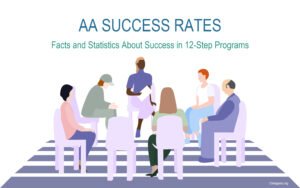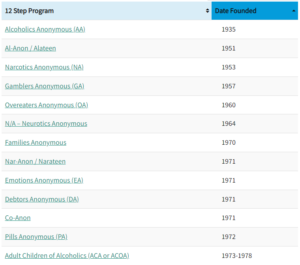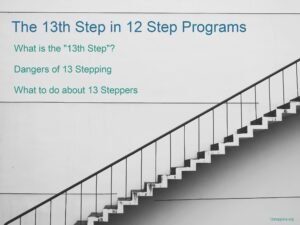
AA Success Rates: Facts and Statistics About Success in 12-Step Programs
After decades of debate regarding its non-professional, spiritual structure, AA is now supported by growing, high-quality evidence:
Strong AbstinenceThe act of not partaking in the substance or activity to which a member is addicted. The length of sobriety of addicts is determined following the period of abstinence. More Results – Numerous studies, including the Cochrane Review (2020), indicate AA participation correlates with greater abstinence rates than many other approaches.
Dose-Response – More frequent and longer AA attendance generally leads to better outcomes.
Cost Savings – Studies in the Cochrane Review point to reduced healthcare costs for those who engage in AA or TSF programs.
Individual Fit – While AA benefits a large segment of individuals with alcohol-use disorders, some prefer less spiritual or differently structured models.
Combining formal treatments like inpatient care or CBT with AA can offer even stronger results. If you or someone you know is grappling with alcoholAn organic compound used in many products, most notably intoxicating drinks. Alcohol addiction is known as alcoholism. The first 12-step program was devised to deal with that malady. More misuse, it can be worthwhile to explore AA or a 12-step facilitation programThis refers to any official course of treatment for addiction. This could be anything from in-patient facilities, to 12-step programs to harm-reduction programs. More, and then evaluate whether these resources align with your personal or clinical goals.





